Analysis and Synthesis Explained
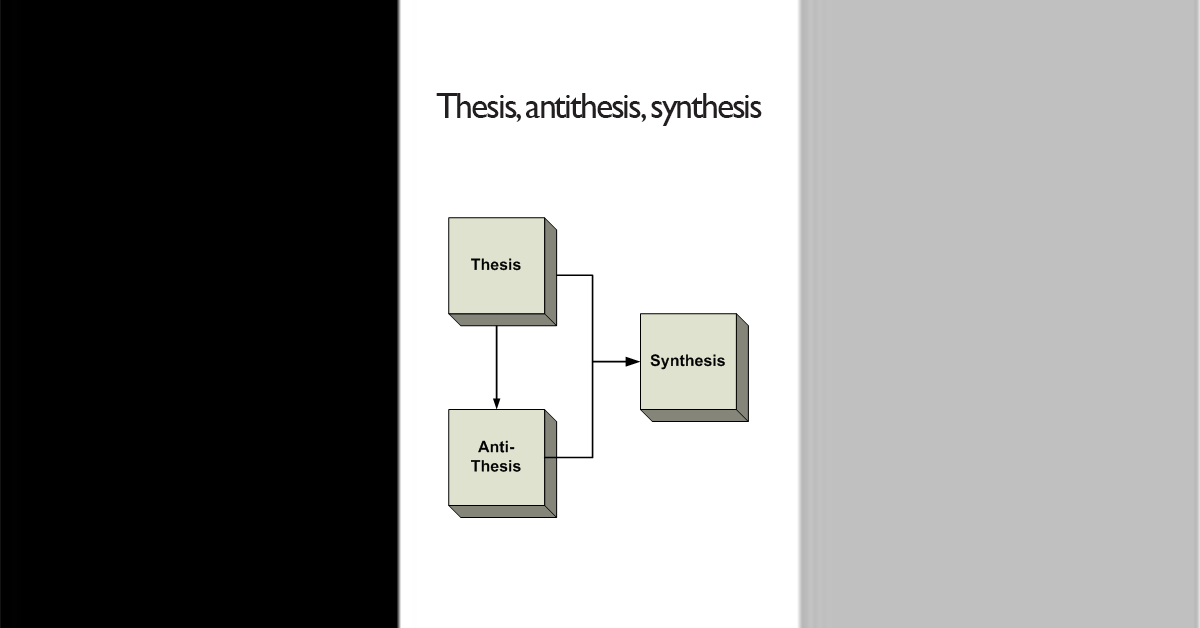
In simple terms, analysis examines a system by dividing a whole into its parts, and synthesis examines a system by combining and comparing parts.
Systems are sets of interconnected properties, systems have a boundary and outside the boundary is the environment. Systems can be physical or conceptual. Generally systems can be understood with math, models, and rule-sets. We can reduce complex systems to their basic properties and interactions and compare systems to better understand the physical universe.

In simple terms, analysis examines a system by dividing a whole into its parts, and synthesis examines a system by combining and comparing parts.
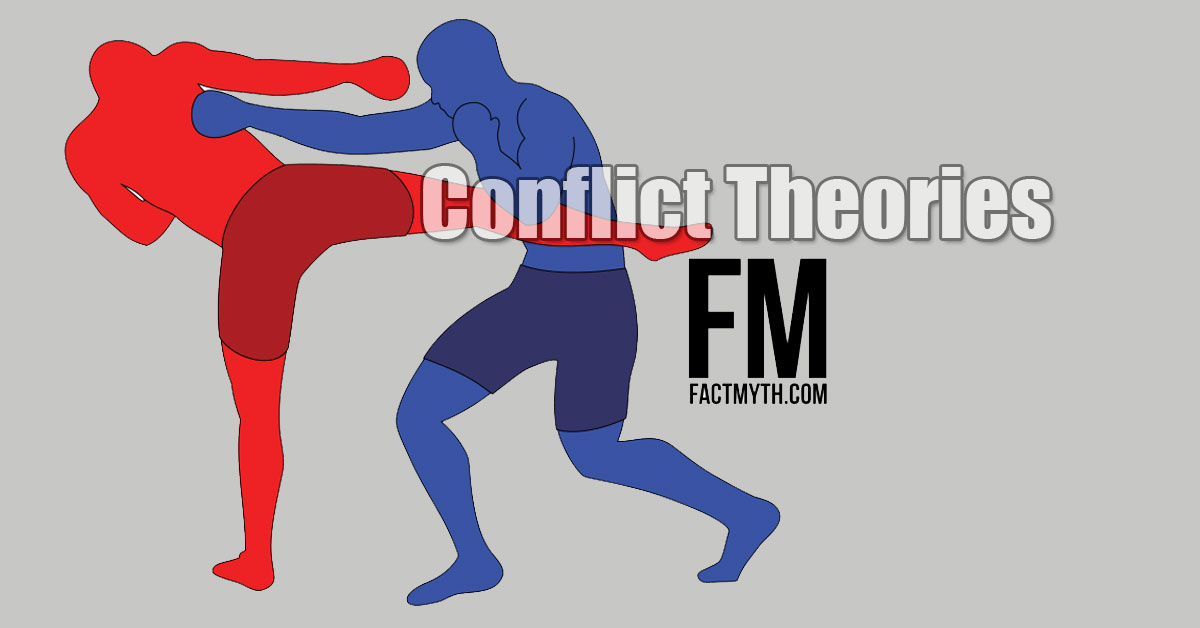
We explain Marx’s conflict theory and other conflict theories to show how tension between social, political, material, and other forces manifest.
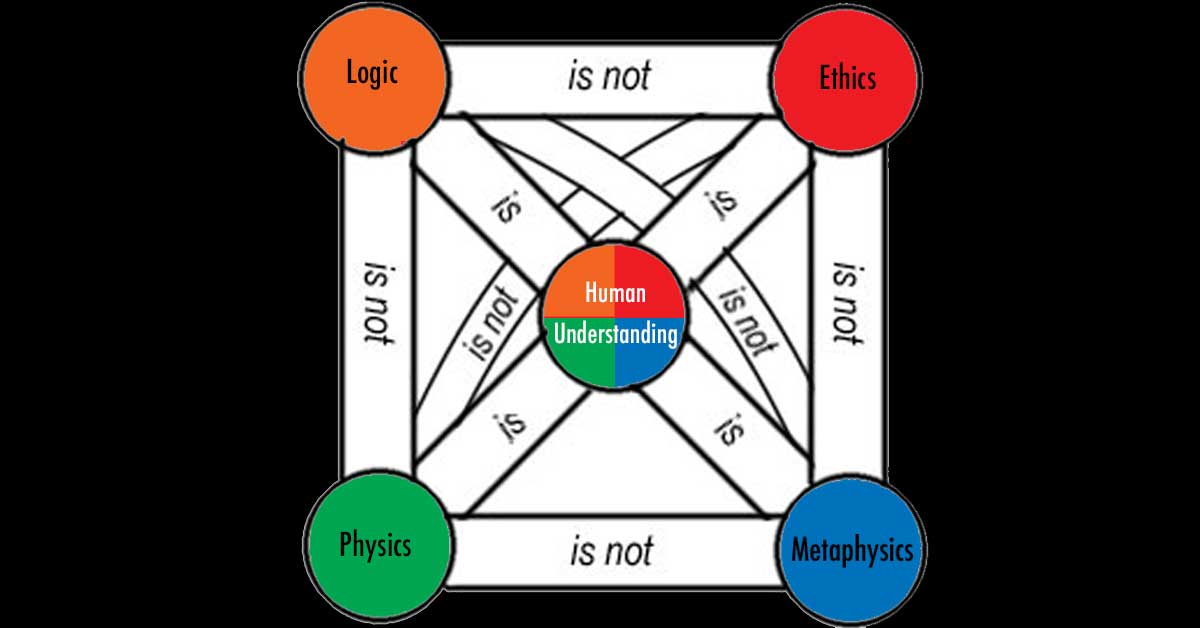
We present a system of “logical, epistemological, and ontological categories of being and knowledge” (categories to place all empirical and rational concepts into).

We present a basic theory of human knowledge to help illustrate some essentials of “what we can know” and “how we can know it.”
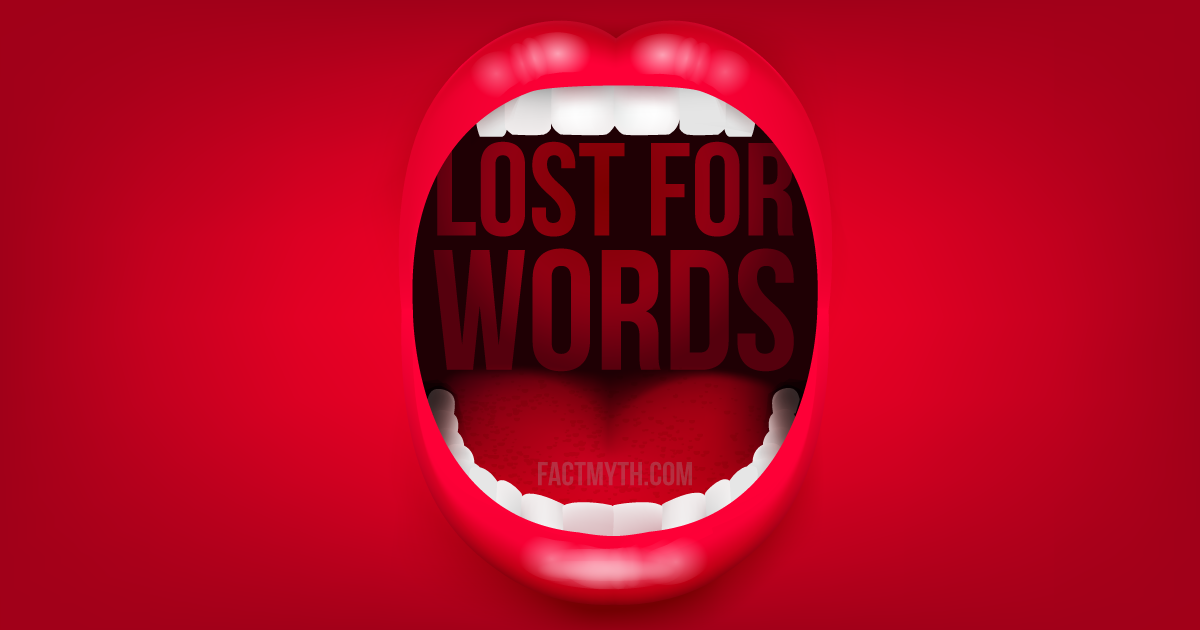
We discuss “giving names to concepts” (defining terms), identifying with terms, be identified by terms, and the implications of this.

We explain the Financial Crisis / Great Recession of 2007 – 2009 that began with the 2006 housing bubble, led to a recession in the U.S. by December 2007, and became a global crisis by 2009.
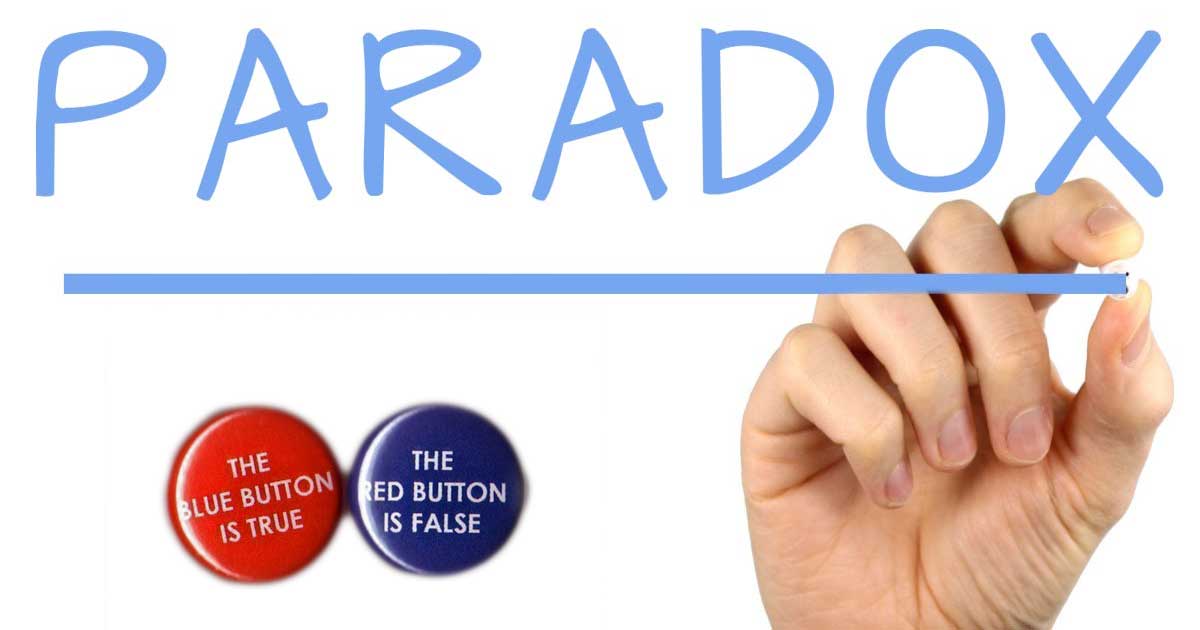
In practice, human action often has paradoxical or unintended effects. Sometimes effects or side effects even have the exact opposite effect as intended.
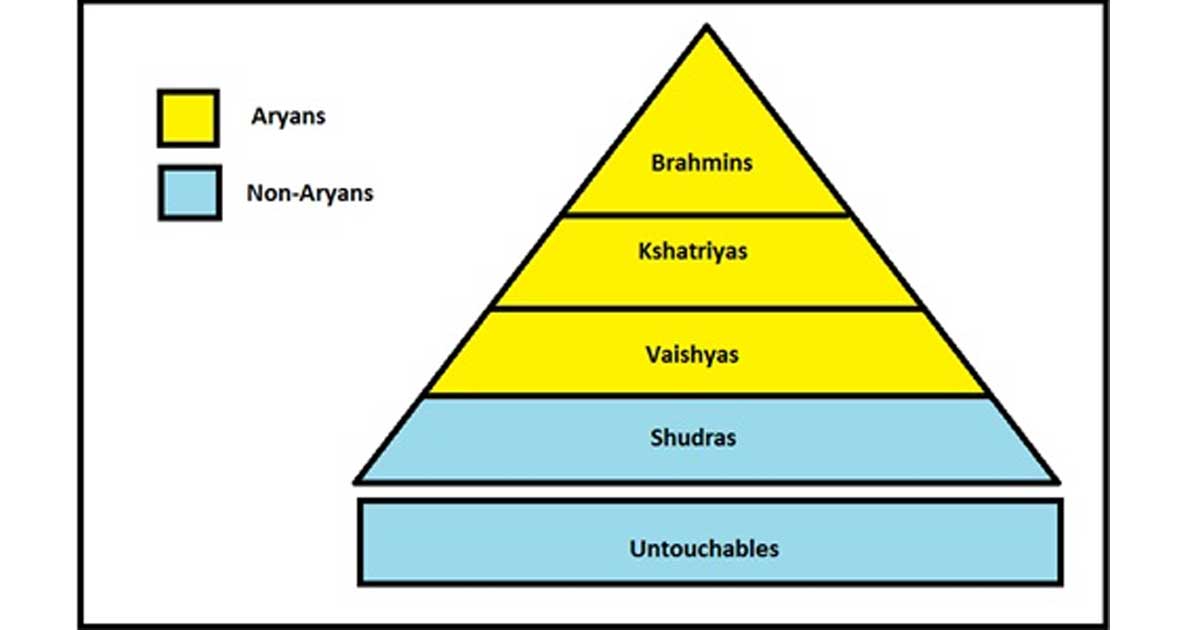
India’s caste system is a class system based on birth. These classes, or “Varnas”, are: Brahmins (priests), Kshatriyas (ruling and military), Vaishyas (merchants and farmers), Shudras (peasants), Dalits (untouchables).
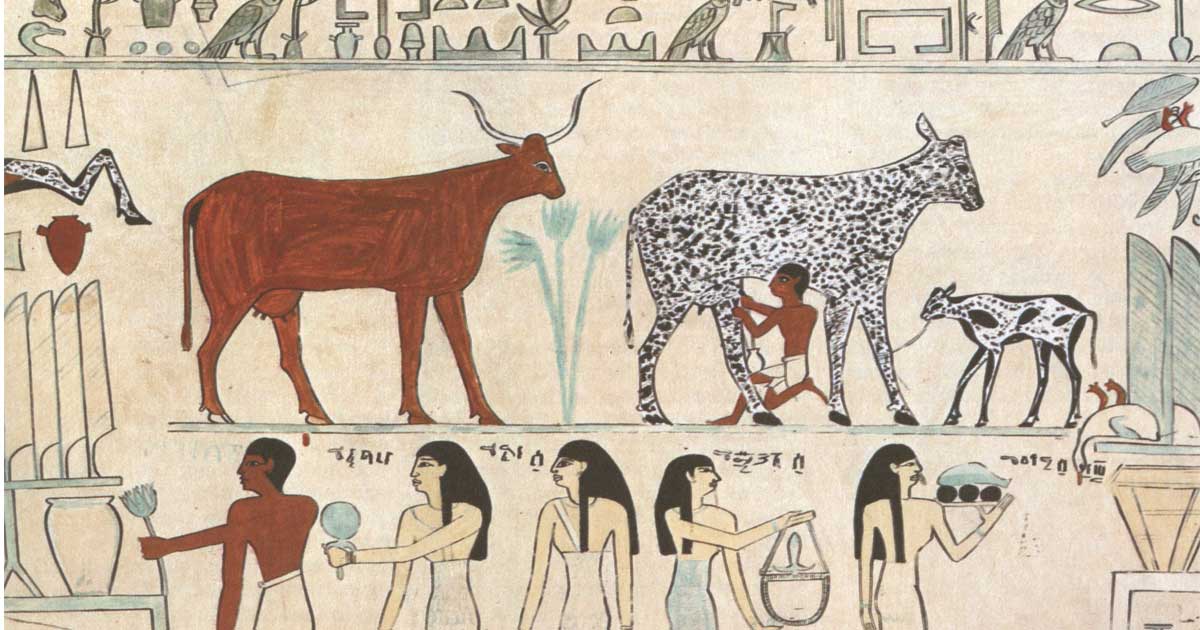
Naturally occurring social systems are systems that naturally arise when societies form, such as politics, economics, mathematics, and language.
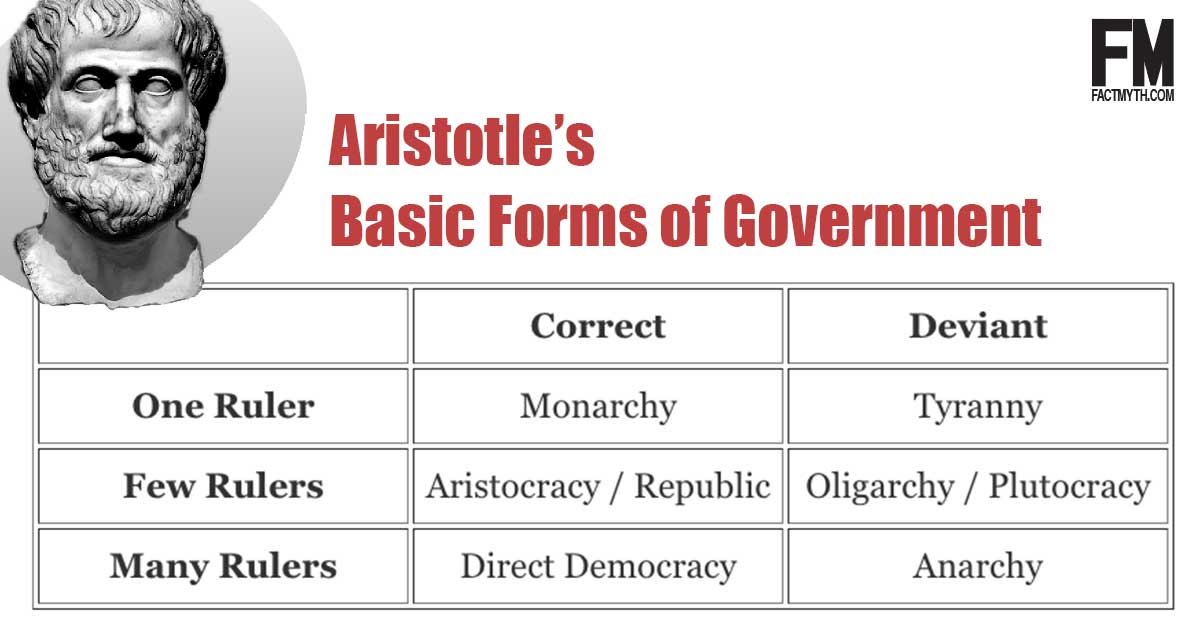
We explain and list the types of governments. We cover the basic classical forms of government, the many types of governments that can be derived from the classical forms, and the actual forms of governments in practice.